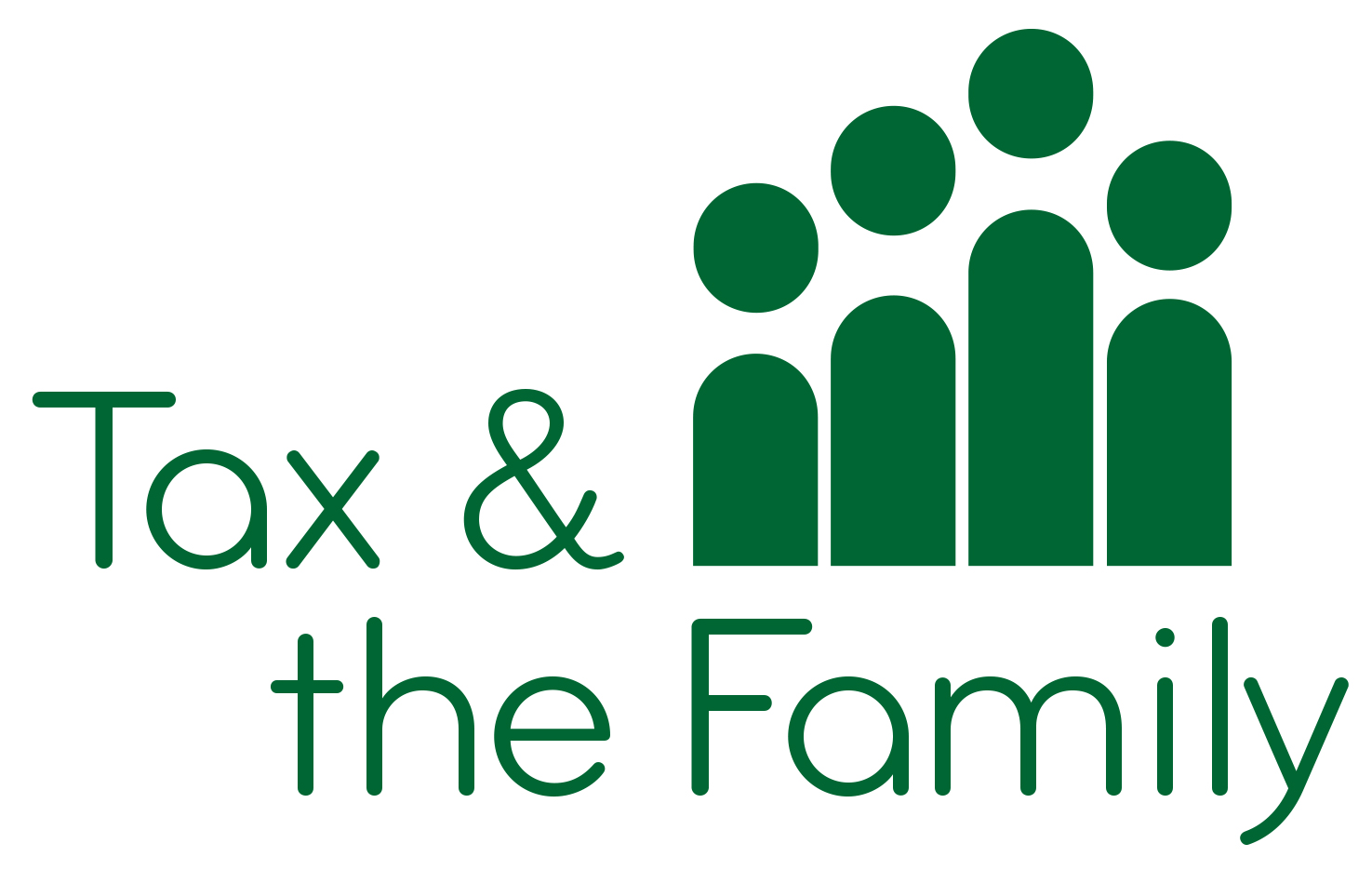Truss plans tax cut for families
As part of an overhaul of the tax system Liz Truss, Conservative leadership contender, has said she would allow people to share their personal tax allowances. Tax and the Family welcomes this proposal. It would be a more cost effective way of helping poorer households than cutting the basic rate of income tax; it would bring tax liabilities closer into line with household incomes. It would make the tax system much fairer. It would also bring the tax burden on families closer to that in Germany France and the US. The Spring Statement included a proposal to cut the basic rate of income tax to 19% by 2024 at a cost of £6 billion but only a fraction of this will benefit families who most need help with the cost of living.
Tax and the Family have been pointing out for some time that income tax liabilities are poorly related to how well off people with the result that families in poverty are paying income tax and then need their take home pay to be supplemented by benefits which results in an effective tax rate of 70%. It is not sensible to have a system which starts by taking money away from families in poverty. Reform is overdue. If the proposal is seen as an alternative to cutting the basic rate the Foreign Secretary’s proposal would be a good start when a tax cut becomes possible. It does not appear to involve any major new financial commitment for the Treasury.
It appears that the Foreign Secretary’s proposal is that all parents (married and cohabiting couples) should be allowed to transfer their full £12,570 tax allowance to their partner. At present one member of a married couple or a civil partnership who earns under the £12,570 tax threshold can transfer £1260 of their allowance provided their partner pays at the basic rate, reducing their family’s tax bill by up to £252 a year.
Approximately 2 million people claim this allowance. The cost to the Treasury is £580 million. If the whole of the allowance could be transferred the cost would presumably rise to £6 billion. If, as proposed, the allowance was also given to the 3.5 million cohabiting couples the cost would be greater but not all couples will have children or be caring for a dependent relative. The Foreign Secretary appears to have in mind that the extension would apply primarily to “couples with young children and caring responsibilities”, in which case the cost could be less than £6 billion.
Background information
The case for allowing couples to pool their tax allowances is that household income tax liabilities would be better related to how well off households are. At present they are poorly related with the result than even households with incomes below 60% median – the official poverty line – may be paying large amounts of income tax. It is not a question of supporting or subsiding families but of sharing the tax burden as fairly as possible.
The Treasury has published estimates of the gross incomes required by different households to have the same living standard. A household consisting of two adults with two children needed over £52,000 to be in the 5th decile i.e. to have “an average standard of living”. With one income their income tax liability this year will be £8,232. A single adult with the same income would pay the same tax but will be in the top 20%. The Treasury table shows that a couple with two children could need over £36,000 which means that they could be paying over £4000 in tax to be above the official poverty line.
At a time when families will be facing extreme cost of living pressures surely the priority should be bringing their tax liabilities down. This can be done within the framework of independent taxation. A more fundamental reboot is required if tax liabilities if households who are equally well off pay broadly the same amount of tax which would make the system fairer and reduce inequality but allowing couples to pool their allowances is a good place to start.
Giving parents the option of pooling their allowances is not inconsistent with independent taxation. Extending and increasing the present pooling allowance would not help lone parents and something special would need to be done for them. There is a precedent for this. Families cannot pool their allowances if the recipient parent pays higher rate tax – middle-income families do not therefore benefit from the present pooling relief.
